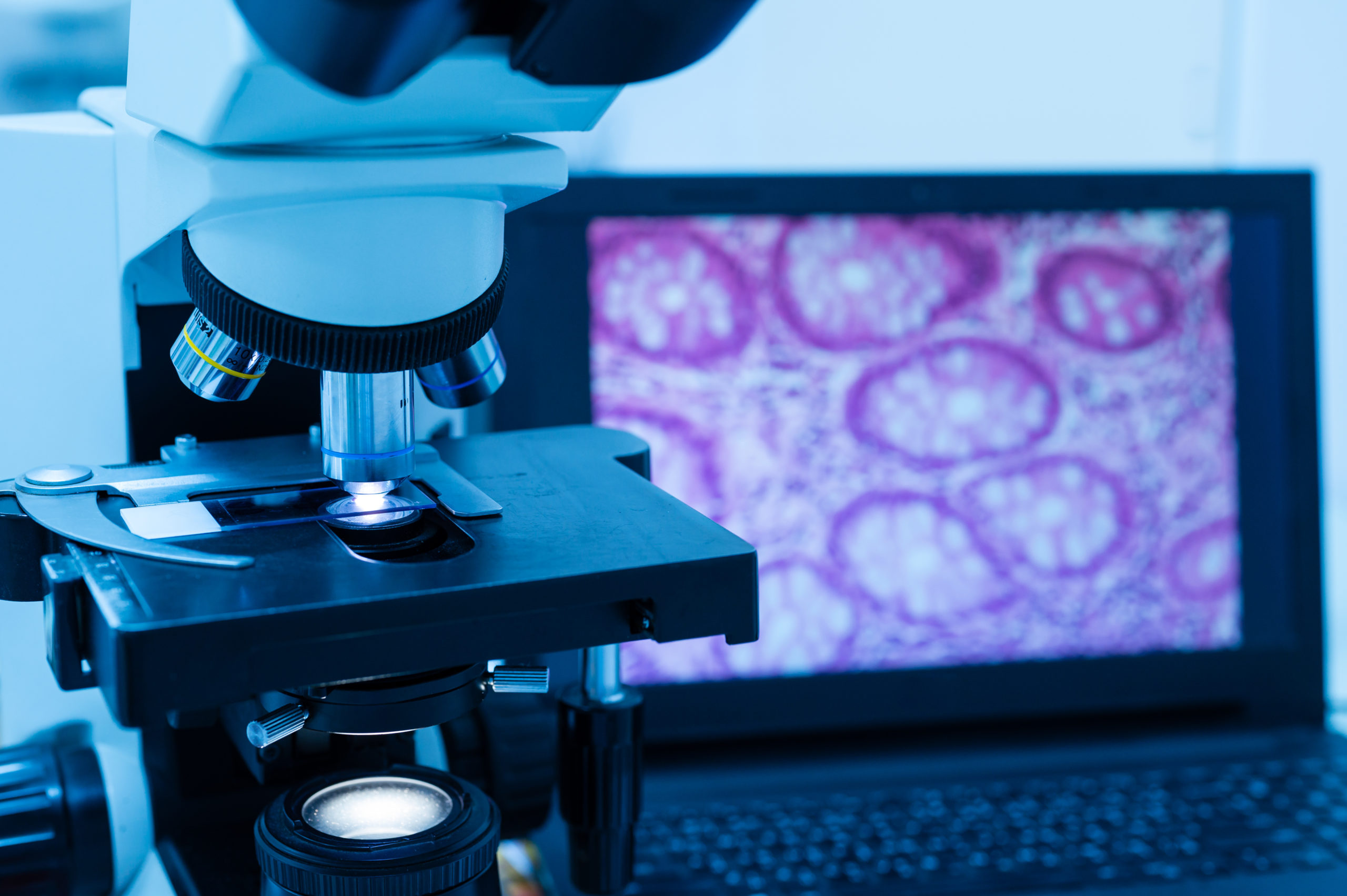latest
Northern Ireland becomes first to adopt a unified medical imaging system
The introduction of a digital system for storing pathology images alongside radiology images improves turnaround times and enables colleagues to work collaboratively
"Granular information across specialities is completely changing our turnaround time analysis, with the potential to set more accurate expectations for clinicians and patients on when they will get results. We can more easily identify and flag routine and urgent cases.” Robbie Wilson, discipline manager for the Institute of Pathology at the Belfast Health and Social Care Trust
Northern Ireland has become the first country or region in the UK to adopt a single imaging system that combines radiology images, pathology images and reports.
NHS trusts across the UK adopted digital storage systems for radiology images several years ago. Until recently, however, pathology images have continued to be stored on physical slides. The Health and Social Care Service in Northern Ireland has now digitised both pathology diagnostic images and reports and incorporated them into Northern Ireland’s Picture Archiving and Communication System (NIPACS), a Sectra system that is already used to store radiology images. The digital pathology project was implemented by Business Services Organisation (BSO), part of the Northern Ireland government.
Northern Ireland’s pathologists, who are based in four health trusts, perform approximately 40 million diagnostic tests each year. The introduction of digital pathology means that microscopes and glass slides are being replaced with high quality digital images that pathologists can instantly access from almost anywhere, making it possible to work remotely and share images with colleagues.
The most significant change in cellular pathology in 150 years
The system is already showing benefits for both health professionals and patients. Dr Clare McGalie, responsible for the project at the BSO, said: “I am very impressed with the system which is helping us to come together as a region. We now have the potential for our four laboratories to act as one virtual laboratory.
“Annotation and measurement tools are particularly useful for skin and breast reporting. Remote working and home working is important in making our workforce more mobile and flexible. There is a lot of work underway worldwide to bring forward AI in pathology. With our digital pathology system, we will be ready to embrace that in Northern Ireland.”
Robbie Wilson, discipline manager for the Institute of Pathology at the Belfast Health and Social Care Trust, said that the introduction of the system was “the most significant change in cellular pathology in more than 150 years. The project has delivered a lot for biomedical science and management as we now have a live overview dashboard of all of our cases and reporting status. Granular information across specialities is completely changing our turnaround time analysis, with the potential to set more accurate expectations for clinicians and patients on when they will get results. We can more easily identify and flag routine and urgent cases.”
Dr Paul Kelly, a pathologist and co-clinical lead for the initiative at Belfast Health and Social Care Trust’s Royal Victoria Hospital, added: “Digital pathology has shown us the future and what is possible. It has increased the appetite for collaborative working, being able to instantaneously seek or provide second opinions via the chat functionality in the system. It has increased the quality of reporting for many patients.”
